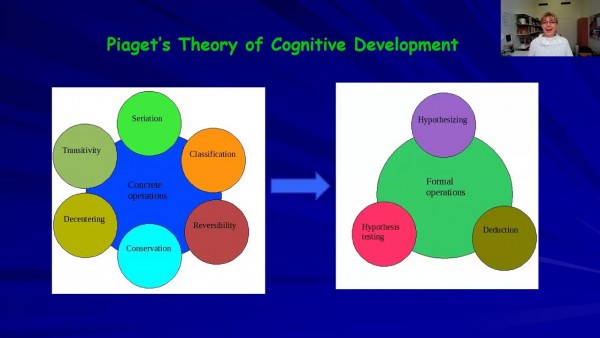How to recover from and rebuild better after the disaster
The unprecedented levels of disease, disasters, climate change, species extinction and pandemics we are experiencing across the world undeniably demonstrate that humanity is experiencing an increasingly painful existential crisis. We are starting to realise that we have been not only ineffective in preventing this crisis but that we have, in fact, been living in ways that have us suffer rather than thrive. Given that nobody likes to suffer and prefers to thrive, this state of affair is begging two questions: Why have we been living in ways that created these detrimental impacts that are counter to what we want to achieve? How can we turn the tide and live individually and collectively in ways that have us and our environment on which we depend not only survive but thrive and accomplish what we want? In this presentation, I will offer answers to both questions drawing upon philosophical and psychological knowledges. I invite participants to consider that how we live and co-exist with other human beings and creatures is the result of our fundamental interconnected philosophical views of the world. The philosophical worldviews include beliefs about and understanding of the nature of our origin (cosmology), the nature of our existence and what is real (metaphysics, ontology), and how we know what we know and what constitutes valid knowledge (epistemology). The answers generated by these three philosophical fields guide us how to ideally interact and co-exist with other humans and the natural world (ethics), how to ideally organise and govern society (politics) and how ideally to relate and appreciate to our environment to experience to live a meaningful life (aesthetics). Individual and collectivistic held philosophical beliefs influence how we interpret life and these interpretations determine how we act/interact or behave. Our actions and behaviour, in turn, impact our experiences and the type of nature and man-made environment we create (consequences). I will make explicit how failing to recognize the intimate and interdependent relationships between peoples’ and culture’s philosophies of life and how they co-exist with other humans and nature led to the existential crisis including. I will also shed light onto why we have been failing recognising these relationships. Through participants experiencing an aha moment as result of engaging in transformative learning it will become apparent that they key to reversing the destructive path we are on, humanity needs to urgently recognise these connections and transform the underlying philosophical beliefs in ways that has us (re)establishing and living in harmonious relationships with ourselves, other human beings and nature. I offer a synergy of engaging with nature and arts, and Indigenous worldviews, knowledges and practices and utilizing sociocracy, transdisciplinary participatory action research and critical pedagogy as promising transformative pathways for accomplishing this philosophical paradigm shift.
Assistant Professor Petra Buergelt s an interdisciplinary social scientist at the University of Canberra (UC). She is also a Sylff Fellow (international), an affiliate researcher at the Disaster Risk Science Institute (ANU) and a research fellow at the Joint Centre for Disaster Research (Massey University, NZ). Petra is serving as a member of UC’s Collaborative Indigenous Research Initiative and the International Transformative Learning Association Leadership Committee. Her research is at the nexus of human adaptation and transformation, disasters, and Indigenous worldviews and knowledges. Petra is specializing in employing qualitative research to gain a holistic and in-depth understanding of the individual and contextual/environmental factors and processes that empower humans and communities thriving in the face of change, uncertainty and adversity. She was the principal researcher for the $12.4 million project with six Indigenous communities in Northern Australia, which was awarded several awards including the NAIDOC 2016 Award for the Best Environmental Project. Since 2017, Petra has been co-leading an international, interdisciplinary and intersectorial team that is co-creating an Indigenist research project aiming at facilitating Indigenous Australian and Taiwanese communities exchanging knowledges, skills and cultural practices to strengthen and (re)building their adaptive capacities. She is also a CI on the NHMRC MRFF project “Supporting mental health through building resilience during and after bushfires – Lessons from the 2019 – 2020 bushfires in Southern NSW and the ACT”. Petra has co-authored over 70 publications, has a shared research grant income of over $2.39 million and has been awarded numerous fellowships and scholarships. Petra is also serving as an editorial board member of the International Journal of Multiple Research Approaches.








